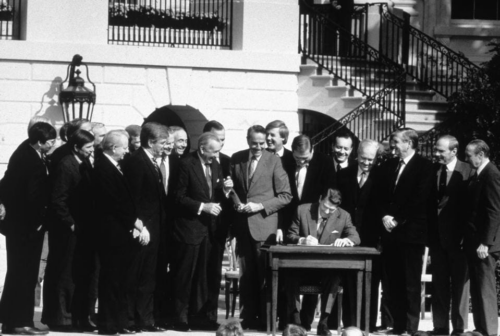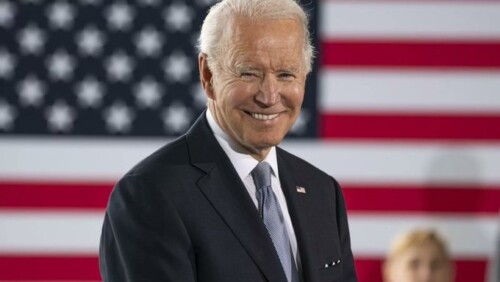U.S. News & World Report: When Performance Pay Doesn’t Pay Off
05.24.2016
In 2005, Denver stepped into the national spotlight by adopting a performance pay system negotiated with the teachers’ union, financed by a $25 million-a-year boost in property taxes. The subsequent decade of experience reveals a surprising lesson: No one in Denver thinks performance pay has made much difference in student outcomes, but most agree that charter schools – which aren’t eligible for the taxpayer-funded performance pay – have made a big difference.
Performance pay can work. But compensation systems are more effective when they are fashioned by individual schools or groups of schools (charter management organizations). Different schools and teachers have widely different needs and attitudes toward performance pay, and fashioning one system for 150 different schools is probably a fool’s errand.
The Denver effort began in 1999, with a pilot negotiated for the Denver Classroom Teachers Association by Brad Jupp, the union leader who later became Superintendent Michael Bennet’s chief policy adviser. The union not only embraced the effort, it helped raise more than $1 million from foundations to finance it. But to participate, a school had to get 85 percent of its teachers on board, so only 16 schools joined the pilot.
Continue reading at U.S. News & World Report.





